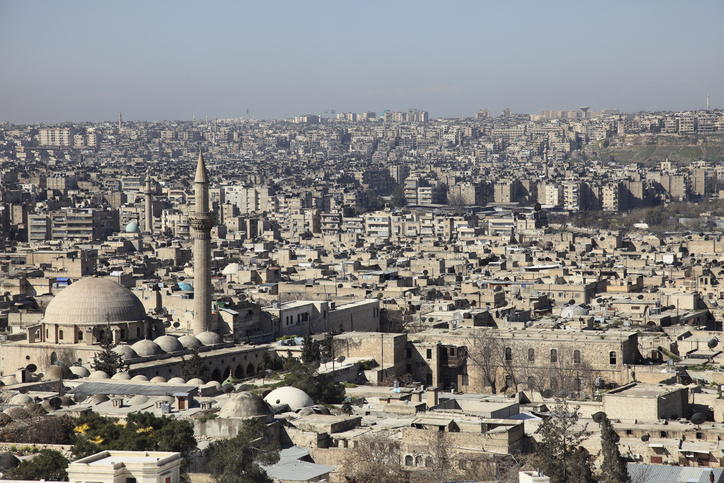The Syrian army and the U.S.-backed Syrian Democratic Forces (SDF) have agreed to a ceasefire in two districts of Aleppo city, Syria’s state news agency SANA reported on Tuesday, following a recent surge in tensions between the sides.
The Syrian Defence Ministry said on Monday that the army had redeployed along several frontlines with the Kurdish-led group in northeast Syria. Officials emphasized the move was not intended as a prelude to military action but aimed at preventing repeated attacks and attempts by the SDF to seize territory.
Recent clashes have cast a shadow over a landmark March agreement between the SDF and Syria’s new Islamist-led government, which sought to integrate the Kurdish-led forces into state institutions. The deal aimed to unify a country fractured by 14 years of conflict and enable Kurdish forces, which control roughly a quarter of Syria, to merge with Damascus alongside regional Kurdish governing bodies.
Witnesses reported that the Syrian army had earlier sealed off two Aleppo neighborhoods under SDF control, prompting scattered protests. Sporadic clashes continued on the outskirts, with residents reporting rockets fired from inside the districts striking nearby residential areas.
A security officer was killed in an attack on a checkpoint, according to a security source. Kurdish fighters affiliated with the SDF said they had repelled a government assault. Two residents reported that dozens of families were fleeing the neighborhoods in search of safety.
SDF Calls for Lifting of ‘Siege’
SDF spokesperson Farhad Shami accused government forces of attempting to enter the two Kurdish-held districts, Ashrafiya and Sheikh Maqsoud, with tanks. He denied claims that SDF personnel had targeted checkpoints, saying the group had no forces stationed in these neighborhoods.
Shami called for an end to what he described as a siege and warned that government actions represented a dangerous escalation, further worsening the situation for local residents.
Meanwhile, the SDF has intensified raids in several majority-Arab towns under its control, targeting Islamic State sleeper cells. These operations, combined with an accelerated campaign to recruit young men for military service, have drawn criticism from some Arab tribal groups, who accuse the SDF of discrimination—a charge the group denies.
U.S. Syria envoy Tom Barrack and CENTCOM Commander Admiral Brad Cooper met with SDF commander General Mazloum Abdi and senior officials in northeast Syria, Abdi said on Monday. The discussions focused on speeding up the implementation of the March agreement with Damascus.
Sporadic clashes have increased in recent days, with both Damascus and the SDF accusing each other of provocations.
The March agreement, brokered under U.S. auspices following Bashar al-Assad’s ouster in December, sought to fold Kurdish-led forces into Syria’s institutions and transfer key assets—including border crossings, an airport, and oil and gas fields—to Damascus by year’s end. Progress has stalled amid mutual recriminations.
Washington has urged the Kurds to accelerate negotiations for integration into Damascus under mutually acceptable terms. Turkey has also accused the SDF of delaying the process and warned of military action if the group fails to join Syria’s state apparatus.













